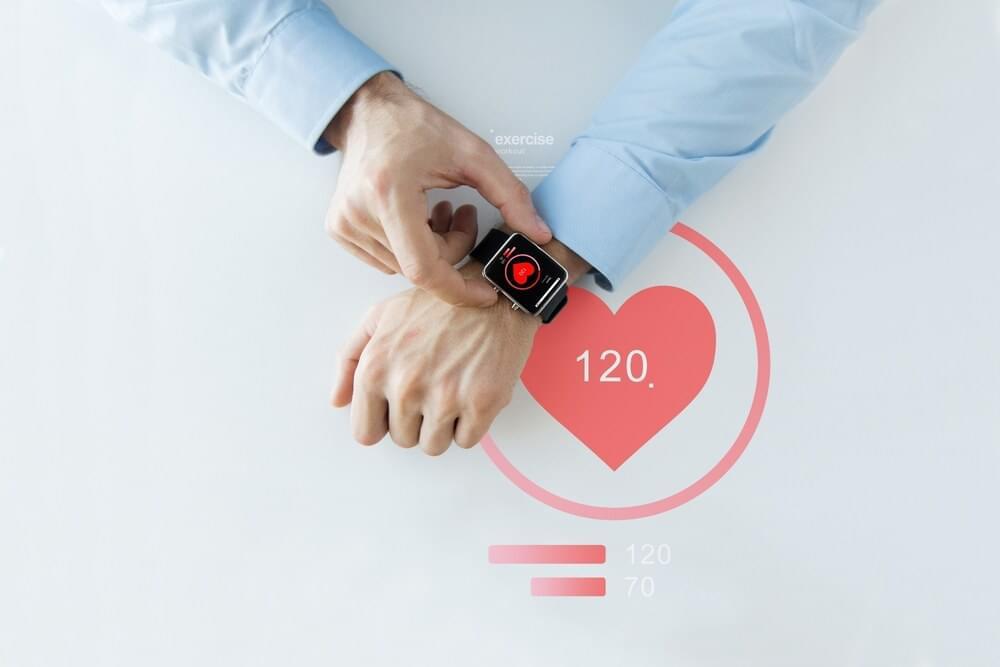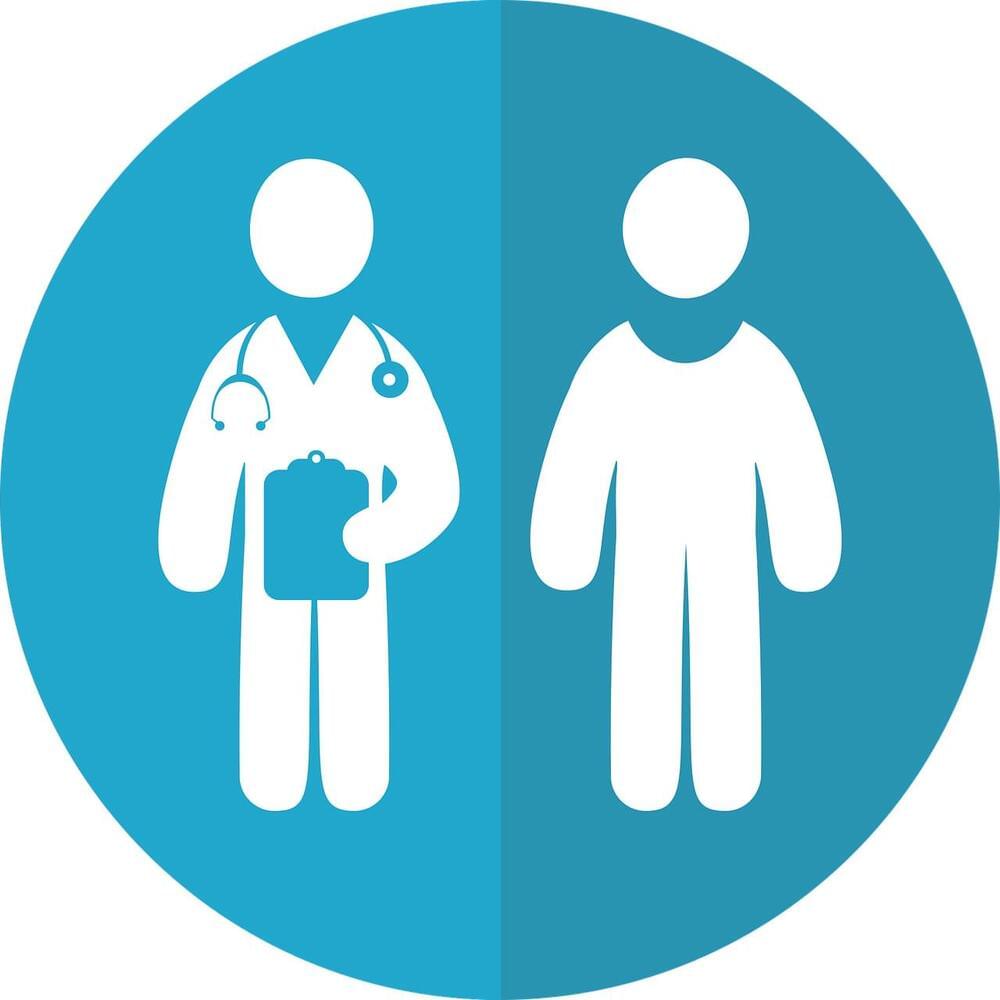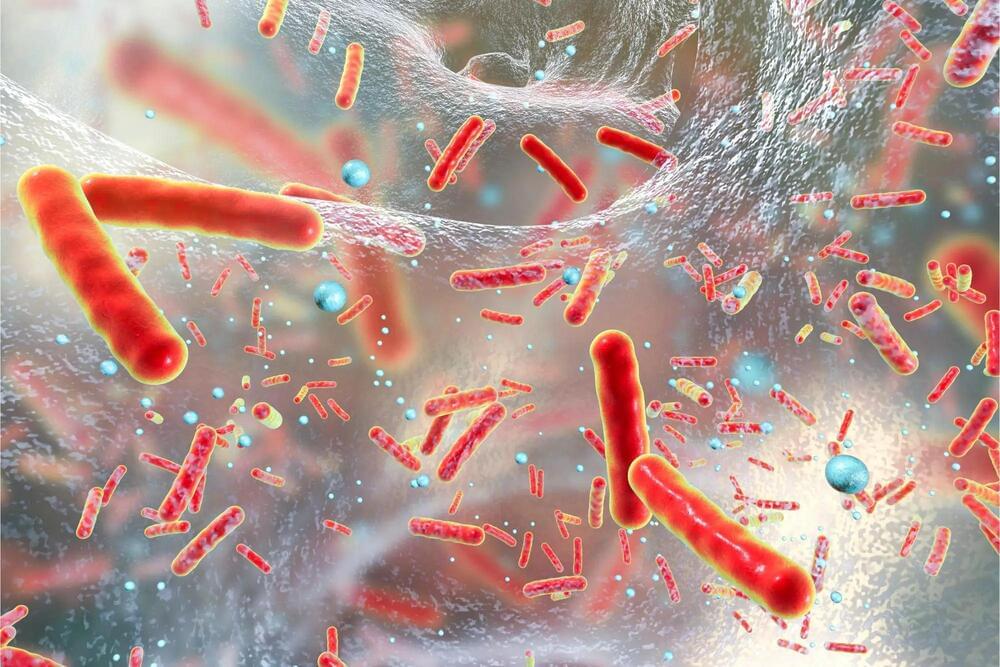Novel Harm Reduction Strategies For The Opioid Epidemic — Harmguard FX — Jermonica Boardley & Joseph Scrocco — Sivad Group LLC / Diagnostic Solutions Group
Jermonica Boardley is President and CEO of SIVAD Diagnostic Medical Group LLC (https://sivadppe.com/), a minority-owned company dedicated to addressing the unique needs of underserved and unserved communities in the United States and globally, which most recently announced the launch of HarmGuard FX (https://www.harmstopper.com/), a single, low-cost strip that provides an affordable, reliable way for people to test substances for fentanyl and xylazine (popularly known as tranq), two dangerous adulterants that are exacerbating the already critical opioid epidemic.
Ms. Boardley is a graduate of Delaware State University, brings over 20 years of diverse corporate leadership experience to her role as President and CEO and her expertise spans Accounting, Finance, Human Resources, Communications, and Diversity, Equity & Inclusion (DE&I).
Joseph Scrocco, is President & CEO, Diagnostic Solutions Group (https://www.diagnosticsolutionsgroup.com/), the developer of HarmGuardFX, and their company has developed custom diagnostic solutions for over 25 years ranging from complex mass screening for blood banks to individual point-of-care testing with a focus on large-scale, global diagnostic needs, including antibody, molecular, and antigen tests in traditional and non-traditional settings. Their clients include Johnson & Johnson; Pfizer; Novo Nordisk; Abbott Labs; Ortho Clinical Diagnostics; the Red Cross; the governments of Nigeria, Ivory Coast, Bangladesh, Liberia, Jamaica, India, Mali; numerous Broadway companies; plus, hundreds of hospitals, urgent care centers, and long-term care facilities.
Mr. Scrocco has a MS in Neurophysiology from University of Medicine and Dentistry of New Jersey, and an MA in Information Systems from New York University.







